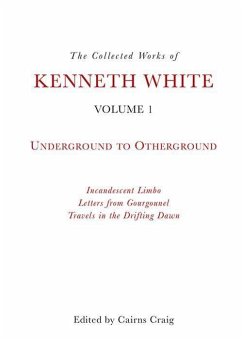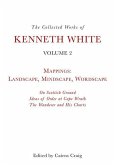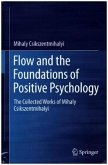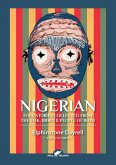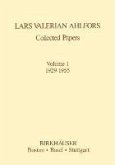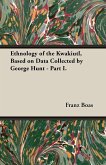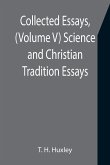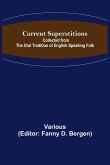These three books reflect the beginnings of one of the most radical and exhilarating figures in modern literature Incandescent Limbo recounts White's years in Paris. Many a writer in the modern era had made Paris a focal point of his or her activity, but probably no one made more of it or got more out of it than Kenneth White. While exploring a labyrinthine underworld, the book is fundamentally an autoanalysis and traces the birth of the writer as an intellectual nomad. Letters from Gourgounel takes us from the city to a wild part of south-eastern France, the Ardèche, where White undertakes a resourcing in an elementary context. Hailed in England as a 'fascinating curiosity of literature', this book not only made White famous overnight in France, it was seen there as a turning point in the contemporary situation. In the third book, Travels in the Drifting Dawn, the intellectual nomad begins his moves across territories and cultures. After passing through the London underground of the sixties, then delving into the ground of his native Scotland and neighbouring Ireland, we shift back to the Continent, accumulating experience on different levels in France, Spain, Belgium, Holland, before concluding the cycle in North Africa. The trilogy is not only a summary of White's itinerary in its initial stages, it opens up a whole intellectual and cultural programme. Kenneth White is not only a convinced European Scot, but he renews the tradition of the medieval Scotus vagans ('wandering Scot'), an existence devoted to travelling and learning, finding and founding. After much moving about, he taught (1983-96) from a specially created Chair of Twentieth-Century Poetics at the Sorbonne. In 1989, he founded the International Institute of Geopoetics, the aim of which is to explore in depth the human and non-human habitation of the earth and the basis of live culture. On the Continent, his work, whether in essay, narrative or poem, has been awarded many prizes, among them the Prix Medicis Etranger and the French Academy's Grand Prix du Rayonnement.

